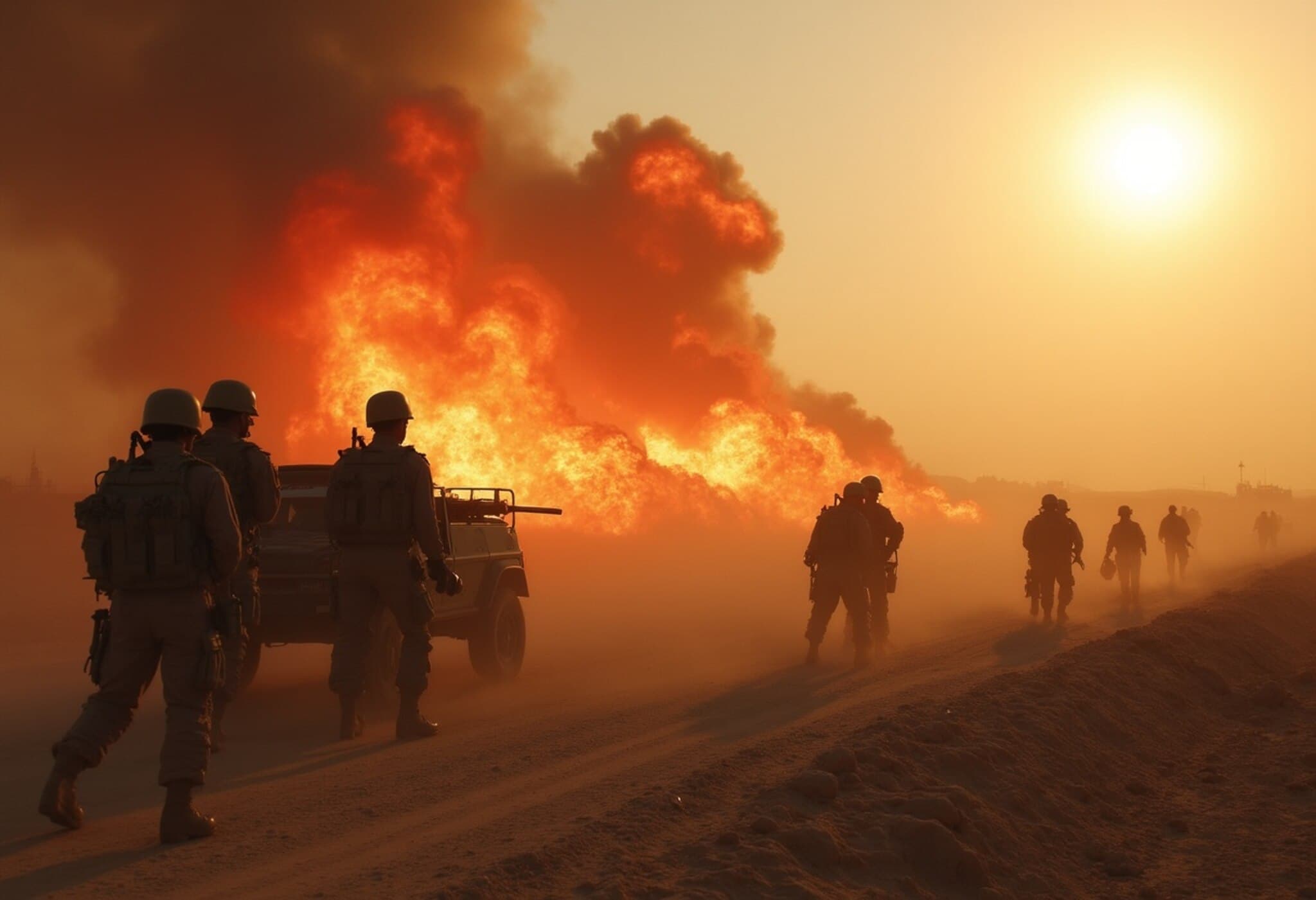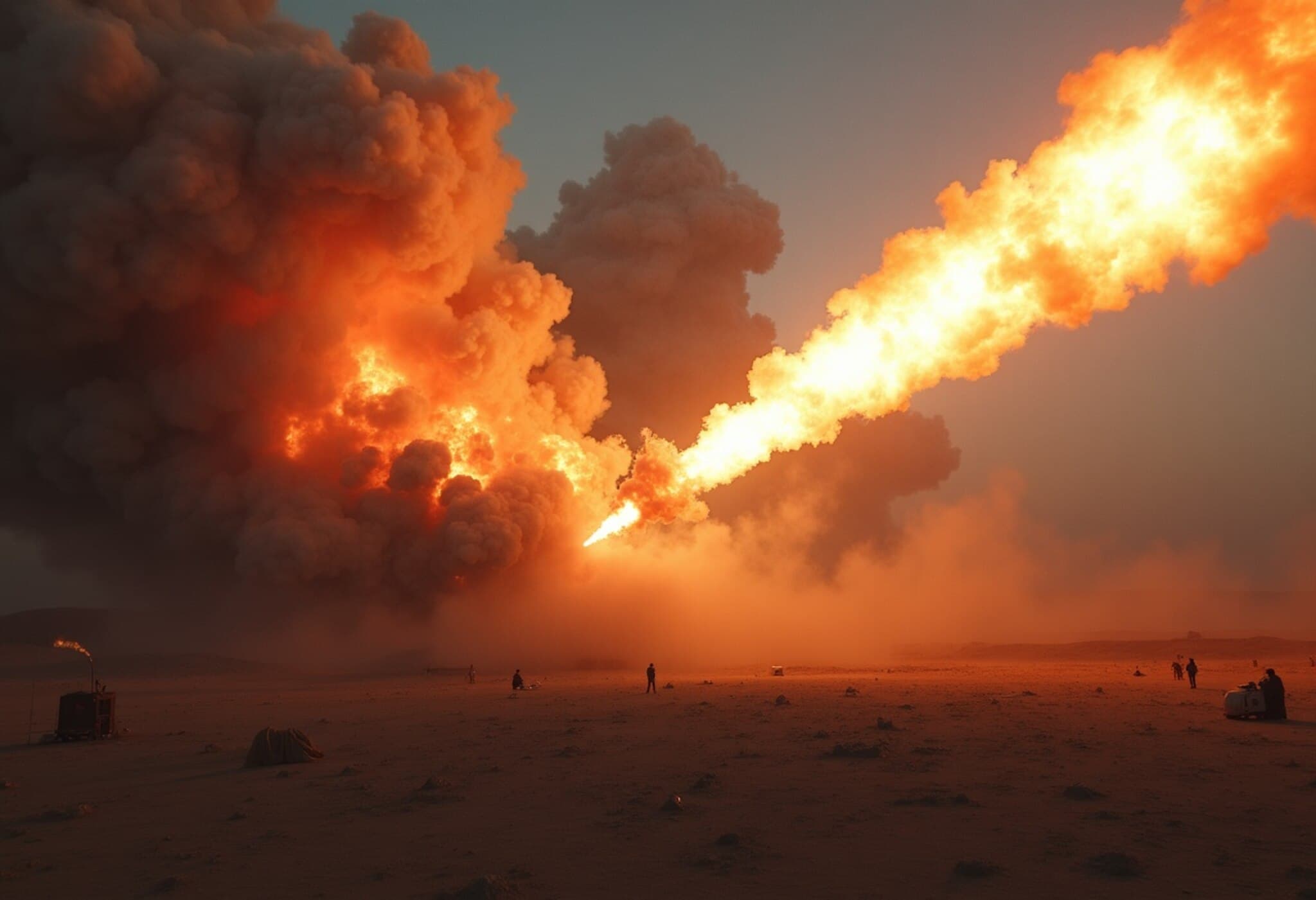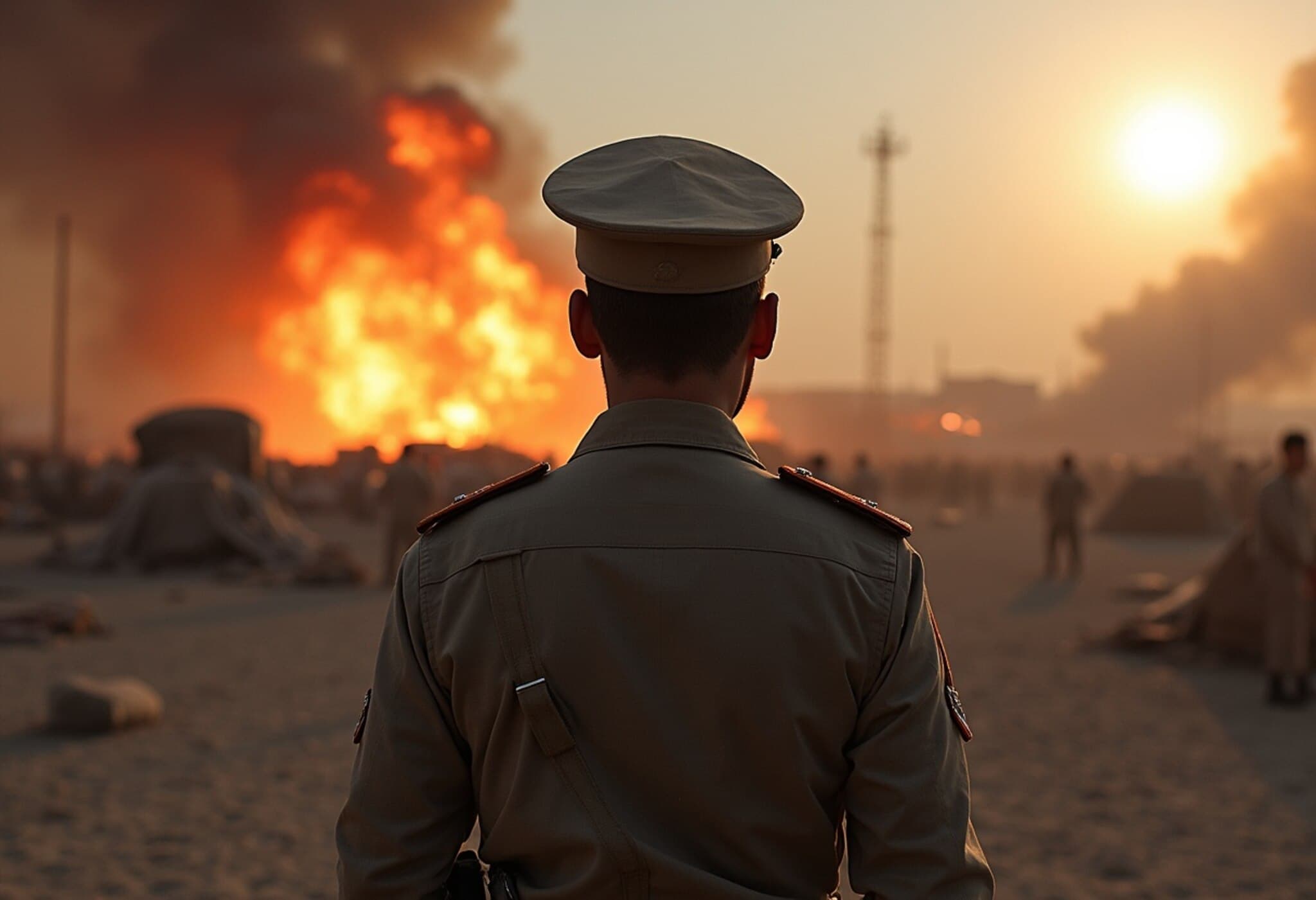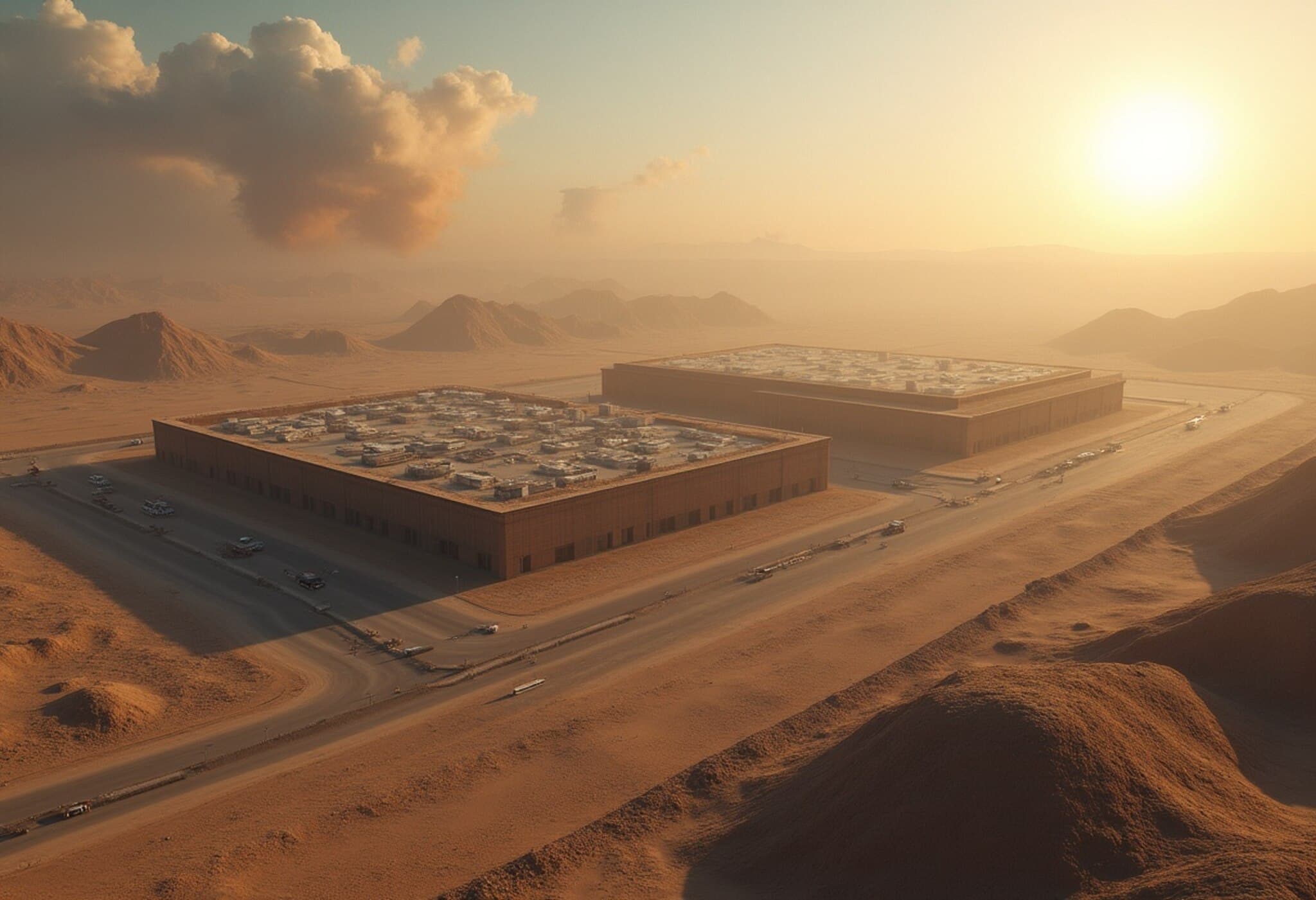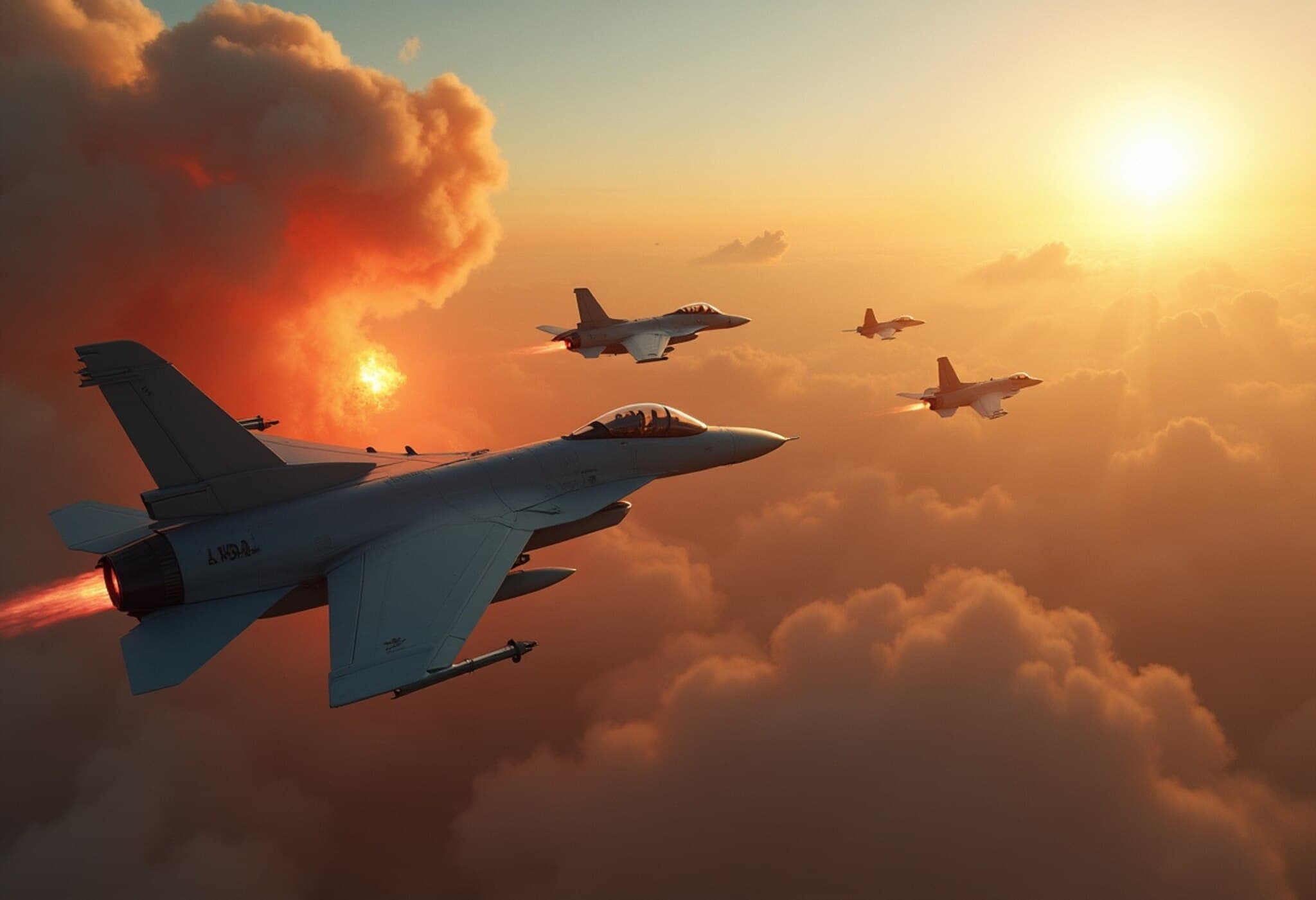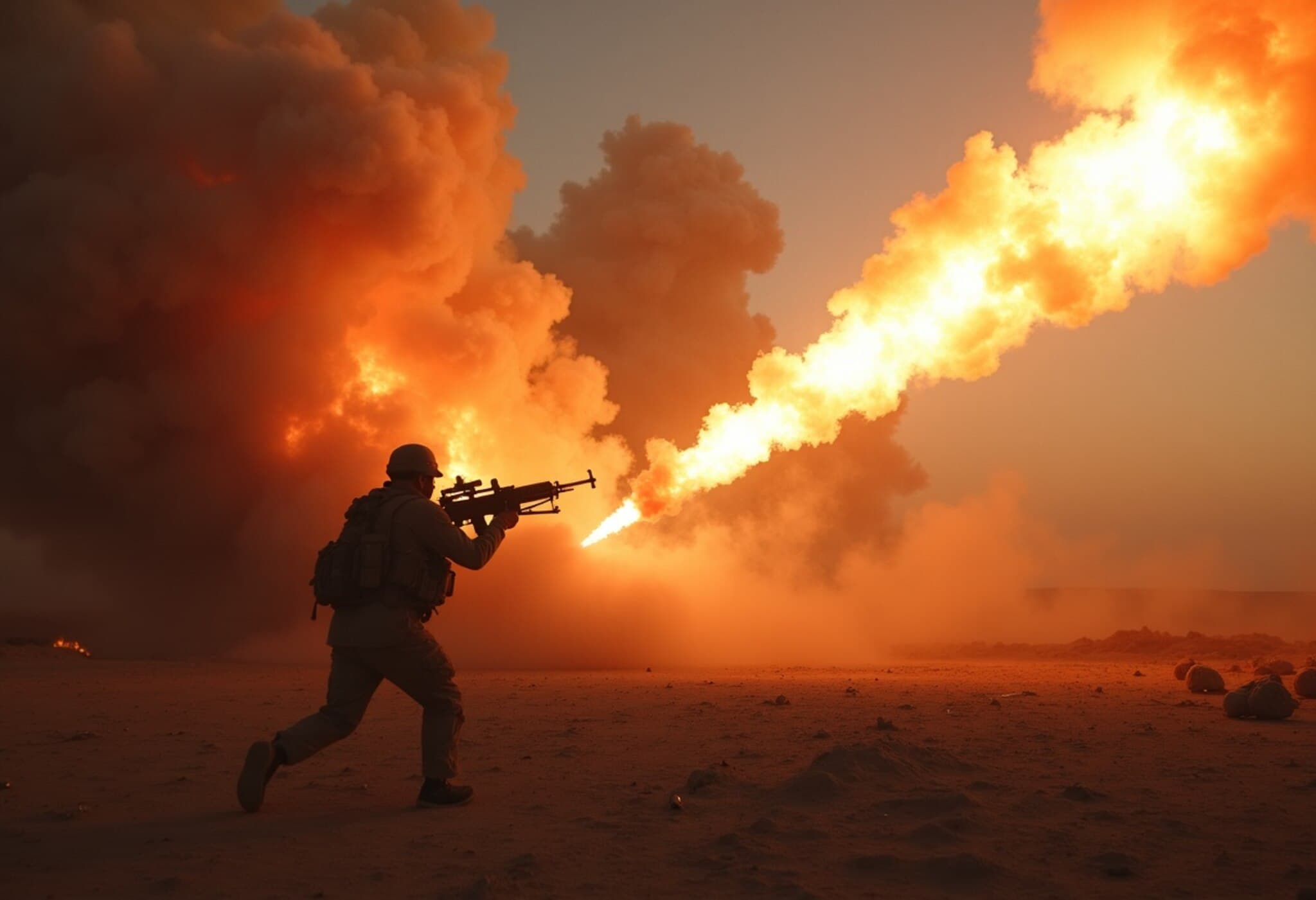Israel’s Expanding Conflict with Iran and Its Implications for West Asia
Israel’s escalating military engagements across several fronts, especially its intensified operations against Iran, herald significant shifts in the power landscape of West Asia. While the future remains uncertain, it is clear that the regional balance could transform in lasting ways.
Israel’s Strategic Offensive Against Iran
Following conflicts with Hamas in Gaza, Hezbollah in Lebanon, and the Houthi rebels in Yemen, Israel has opened a new and critical front against Iran’s regime. Tehran has suffered targeted strikes, including an attack on its Shahran oil depot that sparked massive fires, while explosions have also been reported in key Israeli cities such as Jerusalem and Tel Aviv amid Iran's retaliatory actions.
Israeli leadership appears determined to halt Iran’s nuclear ambitions, though the ultimate goals—and whether there is a clear exit strategy—remain topics of debate. Regardless of political rhetoric, this confrontation has the potential to drastically reshape regional alliances and power structures.
How Could the Power Balance Shift?
1. A Weakened Iran Boosts Israeli Confidence
Iran finds itself at its most vulnerable point in years. Its air defenses have been severely compromised, key military commanders have been eliminated, and vital facilities—including missile bases and energy infrastructure—have sustained heavy damage. Additionally, Iran’s ability to call on proxy forces has diminished following significant setbacks to groups like Hamas and Hezbollah.
Achieving air superiority allows Israel to strike Iranian targets with increased precision and freedom, potentially pressuring Tehran further.
Moreover, Iran’s debilitated influence may empower Israeli policies aimed at curtailing Palestinian statehood initiatives. With diminished external sponsorship for Palestinian armed factions, Israel could strengthen its hold on contested territories, challenging any prospects for a two-state solution and pushing towards expanded territorial claims.
2. The Risks if Israel Does Not Succeed
Despite substantial military actions, Iran’s nuclear facilities—such as Natanz and Fordow—remain largely intact. These underground installations are heavily fortified, making them challenging to neutralize without significant external support, such as advanced munitions or direct involvement from allied powers.
The Israeli leadership appears to be leveraging the current campaign as a pressure tactic, potentially using it to negotiate new terms with other global players. Should diplomatic deals emerge—particularly with the involvement of the United States—Israel might be compelled to pause or withdraw, representing a strategic setback.
For Iran, this conflict presents two stark choices: either fully abandon its nuclear ambitions or accelerate weapon development to establish a credible deterrent. The latter would dramatically alter Israel’s security calculations in the region.
3. The Threat of a Regional Nuclear Arms Race
If Iran succeeds in acquiring nuclear weapons—or edges close enough to make that a credible threat—it could trigger a cascading nuclear response from neighboring powers like Saudi Arabia. This scenario would plunge West Asia into an unprecedented nuclear arms race among adversaries, markedly increasing instability in an already volatile region.
The stakes grow even higher given the entrenched enmity between nuclear-capable states such as Israel and Iran, raising the specter of a highly dangerous and unpredictable conflict environment.
Looking Ahead
Israel’s engagement with Iran is no ordinary confrontation; it carries profound implications for regional geopolitics and global security. Whether Israel will achieve its strategic objectives or find itself drawn into protracted conflict remains to be seen. What is certain, however, is that the outcomes of this multi-front war could redefine West Asia's power equations for years, if not decades, to come.

